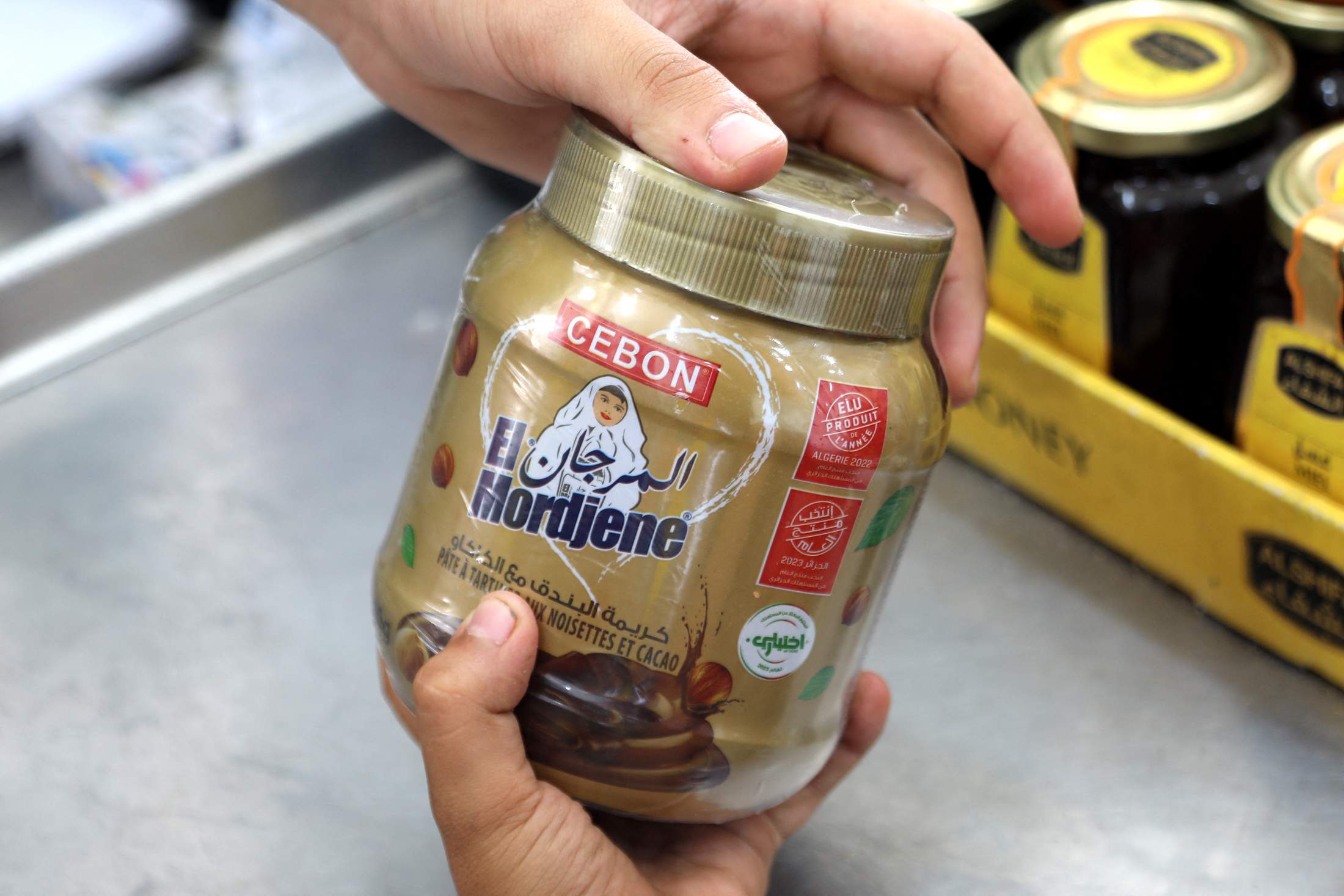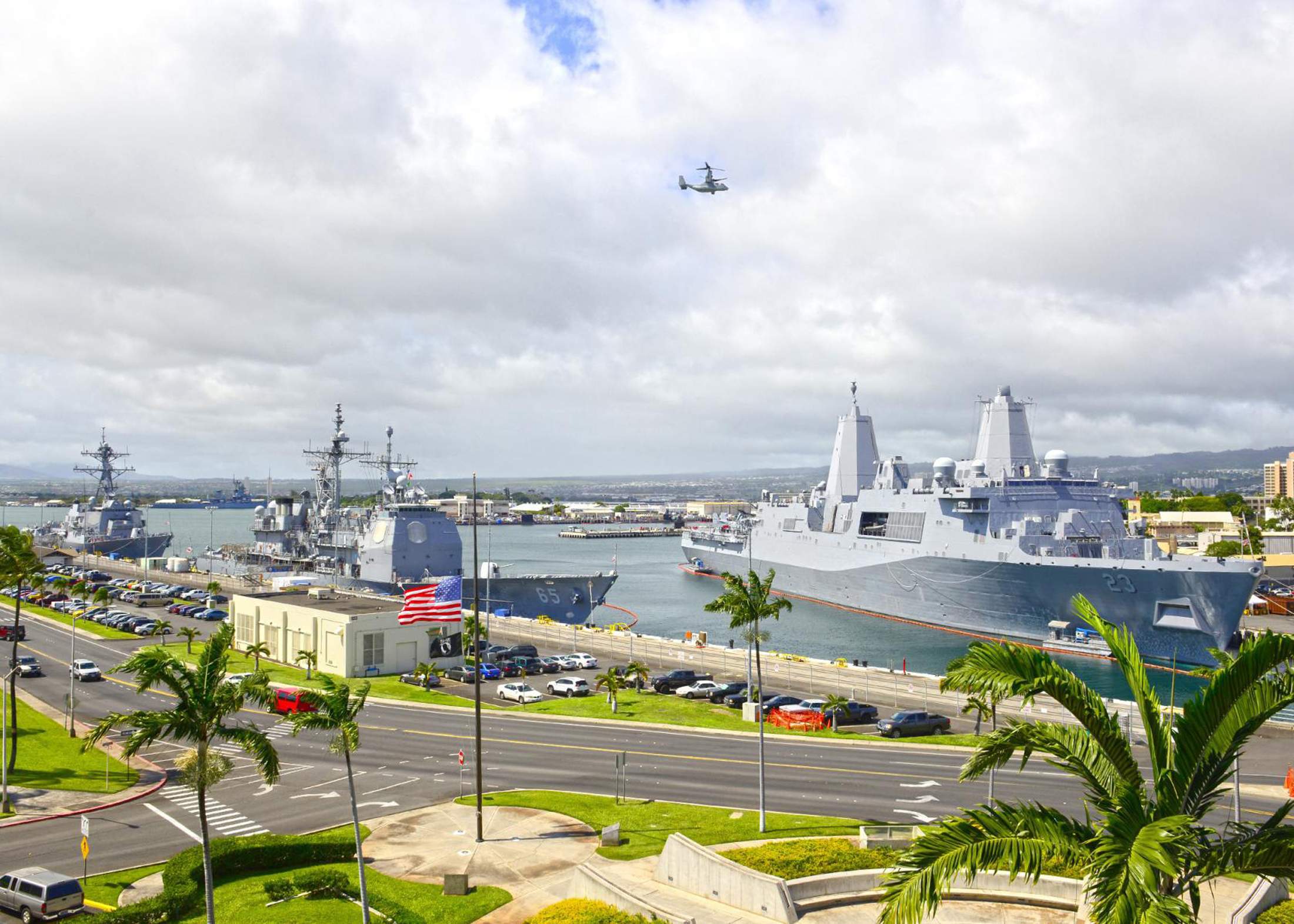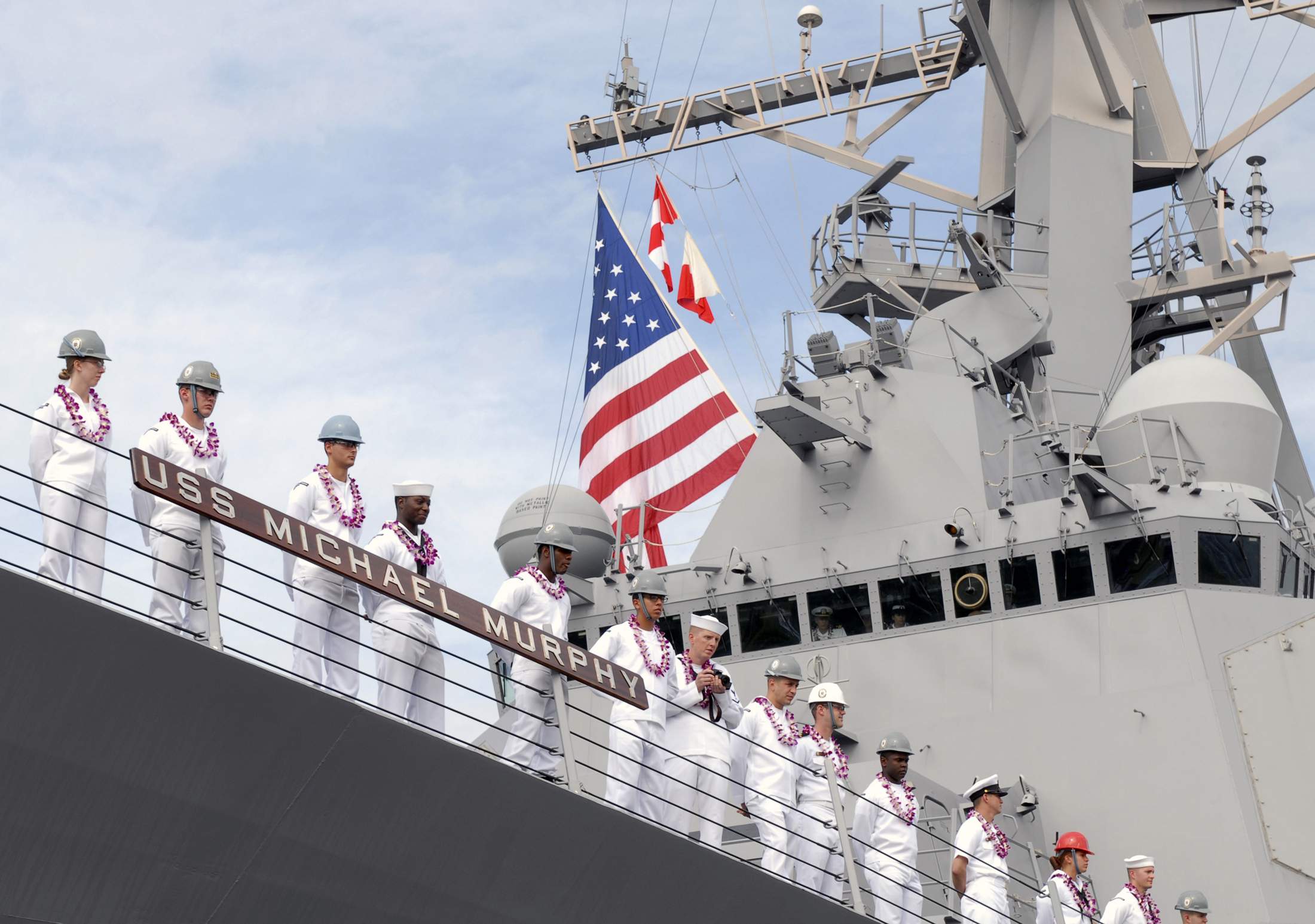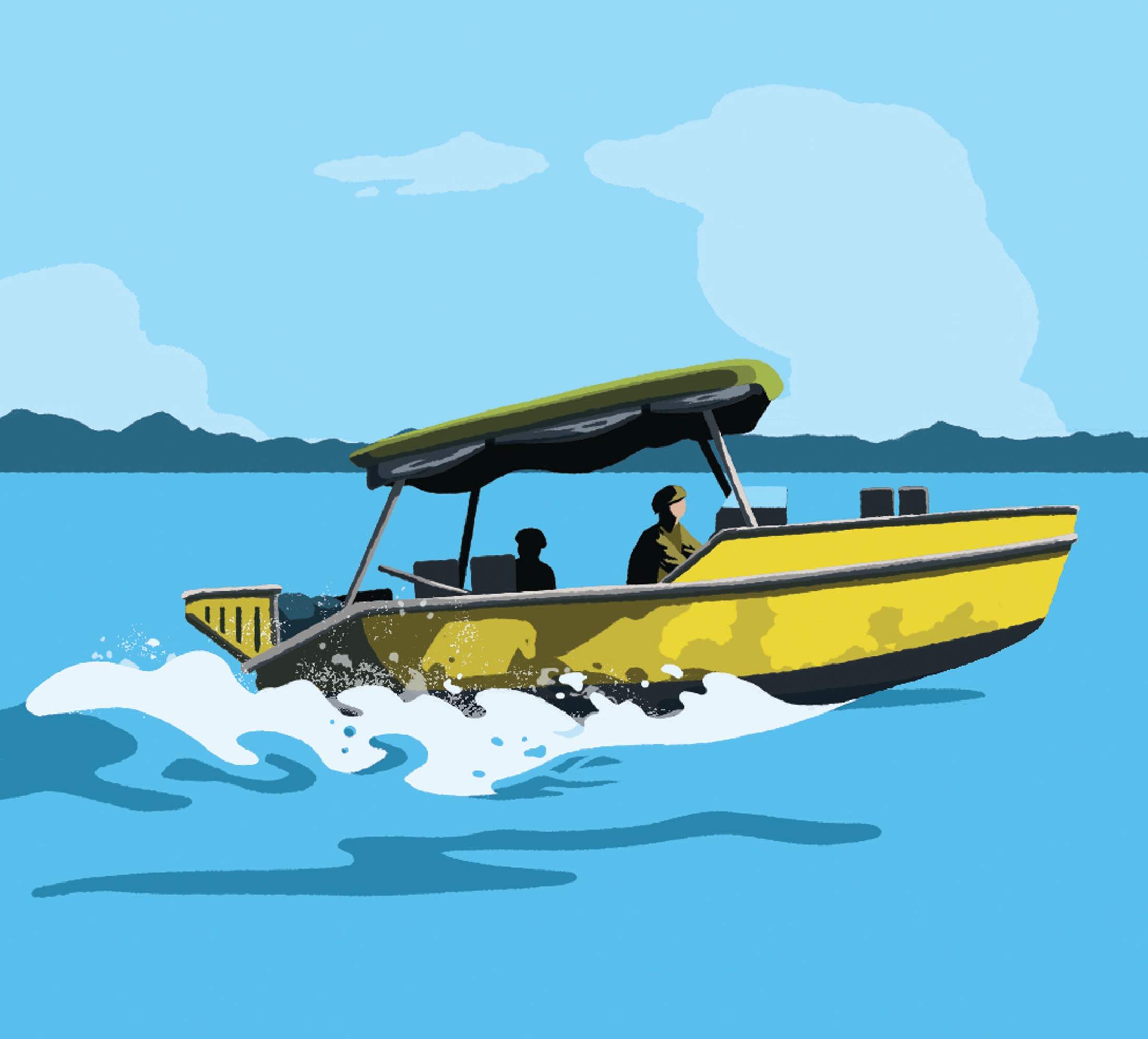December/January / Global
The Agenda: Affairs
The importance of soft power, Algeria’s chocolate-hazelnut spread and France and Italy’s spat.
F&B — ALGERIA
Hitting the sweet spot
In 2024, Nutella celebrated its 60th year as one of Italy’s most successful exports. But an Algerian upstart has been stealing the thunder of Ferrero Group’s famous chocolate spread. For sweet-toothed aficionados in France, Belgium and the Arab world, 2024 was the year of El Mordjene, a chocolate-and-hazelnut cream made by Algerian confectioner Cebon. This family business, founded in 1997, created El Mordjene in 2021 using hazelnuts, milk, cocoa, palm oil and, of course, lots of sugar.

Earlier this year, El Mordjene became a viral hit among Francophone internet users, which led to an explosion in popularity. As Cebon shifted gears to meet demand, there was a setback: French customs officials began detaining pallets of El Mordjene. Though it had been available in France since 2023, the spike in imports led authorities to realise that it had been on sale illegally, as EU rules forbid the import of Algerian products containing dairy. In Algeria, the press cried foul, with some inaccurately claiming that El Mordjene had been banned because it threatened to take Nutella’s crown.
Despite the ban, El Mordjene’s success provided an image boost for Algeria in the face of recent diplomatic setbacks with its former colonial masters. (In July, for instance, France sided with neighbouring Morocco in a decades-long dispute over the Western Sahara.) Indeed, the import ban might just be fuelling the El Mordjene hype, as French confiseurs and recipe websites compete to create a replica.
DIPLOMATIC SPAT
Emily’s effect
Who vs who: France vs Italy

What it’s about: Emily in Paris, the Netflix series about an annoying American woman inhabiting a clichéd simulacrum of the French capital. It has become an enormous global hit, very possibly because it permits non-American and non-French people to sneer loftily at American and French people at the same time. Rumours abound that its titular character might be heading to Rome, and French president Emmanuel Macron, for one, is not having it: “Emily in Paris in Rome,” he has declared, “doesn’t make sense.” Rome’s mayor, Roberto Gualtieri, responded: “One can’t control the heart: let’s let her choose.” More pointedly, Gualtieri wondered, “Doesn’t President Macron have more pressing matters to worry about?”
What it’s really about: All criticism of Emily in Paris aside, it has been an immense soft-power boon for France. Sales of French brands worn by the characters have spiked. A study by France’s national film centre found that about four per cent of recent visitors to France had been inspired by the show. Four per cent of France’s tourist business is a perfectly reasonable thing for the president to worry about. Even Brigitte Macron is such a fan that she made a cameo appearance during the most recent season.
Likely resolution: Further wrangling over what is clearly a valuable media property, while the producers figure out how to milk this rivalry.
THE FOREIGN DESK
andrew mueller on...
The merits of soft power
One of the things that distinguishes soft power from hard power is that the former is a two-way relationship. The point of hard power – tanks, fighter jets, the proverbial sending of the marines – is that you don’t ask the permission of whoever you’re menacing. Soft power works best when the party on the receiving end is a willing participant. In October the annual Brics summit was held in Kazan, Russia. It was portrayed by Russia as a defiant diplomatic triumph for Vladimir Putin. Putin is, in theory, a pariah: an imperialist warlord wanted for war crimes. But 24 world leaders – far beyond the official membership of Brics – attended.
But it is striking how few of the participating countries regard Russia as a trustworthy ally and how strapped for actual friends many of them are. It was, to a large extent, a gathering of the “soft power-less”. These countries might be rich, fearsome or undeniably (if infuriatingly) important but they command little affection. Russia, to cite an obvious example, has serially squandered its formidable soft-power arsenal – glorious literature, fabulous music, scientific prowess – on demented ideological projects, often involving the coercion of reluctant neighbours. Moscow now has clients and customers, flunkies and cronies, hostages and victims but few, if any, friends.
Western policymakers have recently been fretting about the posse that Russia is assembling to challenge Western hegemony. Often characterised as the Axis of Upheaval, it is generally held to include Russia, Iran, North Korea and China: four countries united by little beyond the fact that they dislike and suspect the West more than they dislike and suspect each other. The regimes of all four rule by fear. Many of their people would leave in a heartbeat.
All of the Axis of Upheaval might well dismiss soft power as an effete and decadent notion, scoffing that there is a clue in the adjective “soft”. It was a predecessor of Putin’s who is reported to have snorted, when warned of the (considerable) soft-power influence of the Vatican, “How many divisions has the Pope?” But presenting an unrelentingly combative visage to the world will only get you so far. Hard power is a willingness to fight – and any idiot can do that. Soft power is having something worth fighting for. —
Andrew Mueller hosts ‘The Foreign Desk’ on Monocle Radio.
DEFENCE — USA
Matters of urgency
Valentine’s Day in Hawaii sounds romantic but for bigwigs in the US defence sector, 14 February will be devoted to one thing: facing up to Chinese aggression in the Indo-Pacific. The second iteration of the Honolulu Defense Forum (HdF), which runs from 13 to 14 February and is organised in partnership with the US Indo-Pacific Command and the Office of the Secretary of Defense, will focus on “operationalising urgency” and “promoting regional security” from the Bering Strait to Cape Horn.

“With intensifying security challenges, such as those posed by Russia’s aggression in Ukraine and heightened tensions in the South China Sea, both European and Indo-Pacific theatres face pressing security needs,” says Kimberly Lehn, senior director of the HDF. “What we offer is an event focused on strategic policy questions and solutions. It’s more intimate than bigger conferences, such as the Shangri-La Dialogue. Some 250 members of government will be in attendance, as well as military policymakers, planners, analysts, think-tanks and venture capital.” Keynote speakers include Washington operators such as Robert J Wittman, the US representative for Virginia, and Jedidiah P Royal, an Indo-Pacific security expert at the Department of Defense.
On the commercial side of things, HdF’s sponsors have included traditional defence names including Lockheed Martin, as well as relatively new tech operators, such as Palantir Technologies and Amazon Web Services. The latter two’s presence indicates the important role that technology companies play in the defence space, as well as the rewards on offer from the most recent military budget presented to Congress, which included a request for $895bn (€820bn) in funding for 2025.

HdF will take place at Waikiki Beach, which has become a byword for relaxation. Yet the watchword will be preparedness, as there are many in the US and among its allies who believe that the Pentagon has been too slow to counter China’s military posturing across the Indo-Pacific (Beijing now possesses the world’s largest maritime fighting force, operating 234 warships to the US’s 219). All eyes will be on Waikiki this Valentine’s Day for a signal of Washington’s renewed intent.
IN THE BASKET
Gunboat diplomacy
In the basket: Eight riverine combat boats
Who’s buying: Guatemala
Who’s selling: Colombia
Price: (tbc)
Delivery date: (tbc)

Colombia’s state-owned shipbuilder Cotecmar calls them bcfbcs, short – well, shortish – for Bote de Combate Fluvial de Bajo Calado, or Shallow Draft River Combat Boat. The 8.68-metre aluminium boats can carry four crew, plus five troops and 400kg of cargo, and are fitted with one machine gun on the bow and two on the stern. Guatemala’s interest in these nimble crafts might well be related to its longstanding territorial dispute with Belize that occasionally flares up along the Sarstoon river, which delineates part of the border between the two countries (a case is pending before the International Court of Justice). Earlier this year there was a river-borne shouting match between Guatemalan troops and Belizean volunteers escorting foreign journalists: the dishevelled boat carrying the Guatemalans looked in urgent need of an upgrade.


